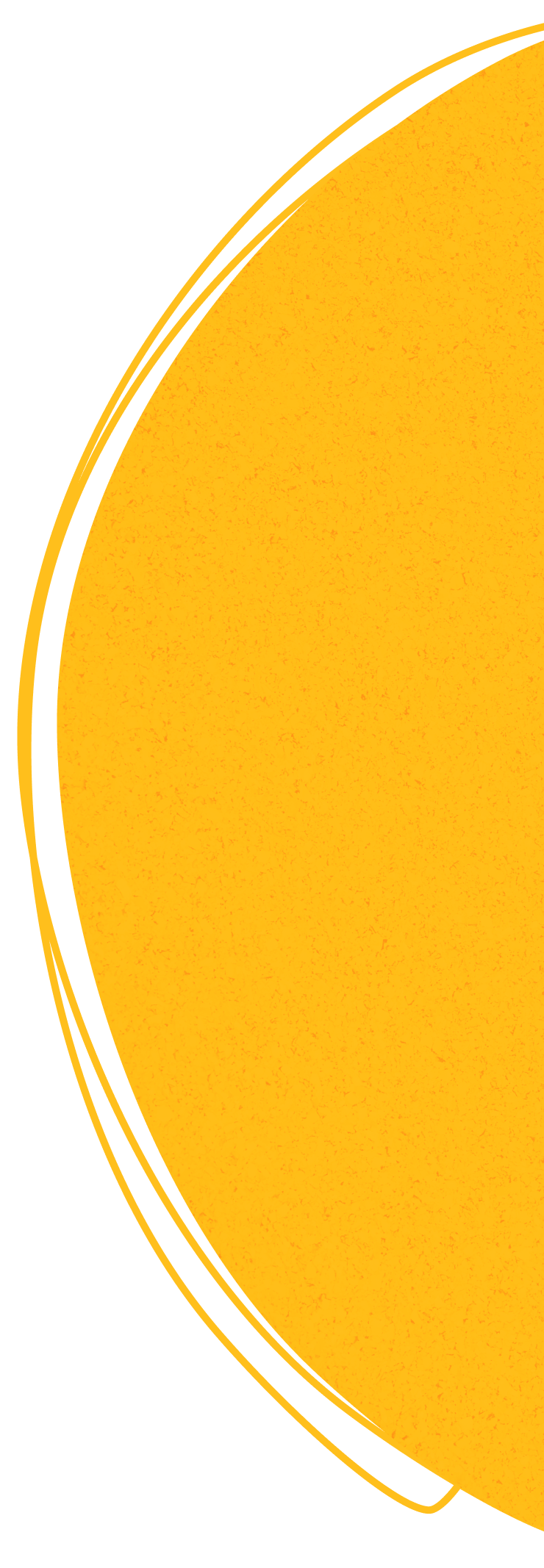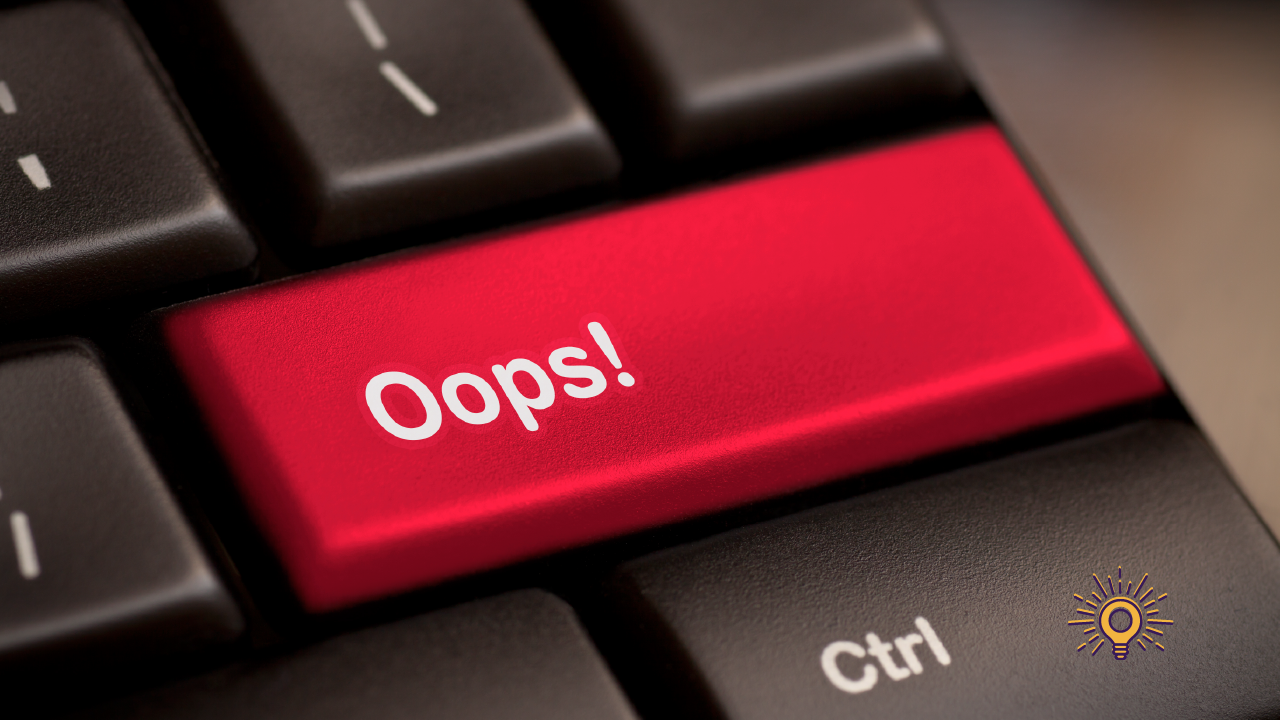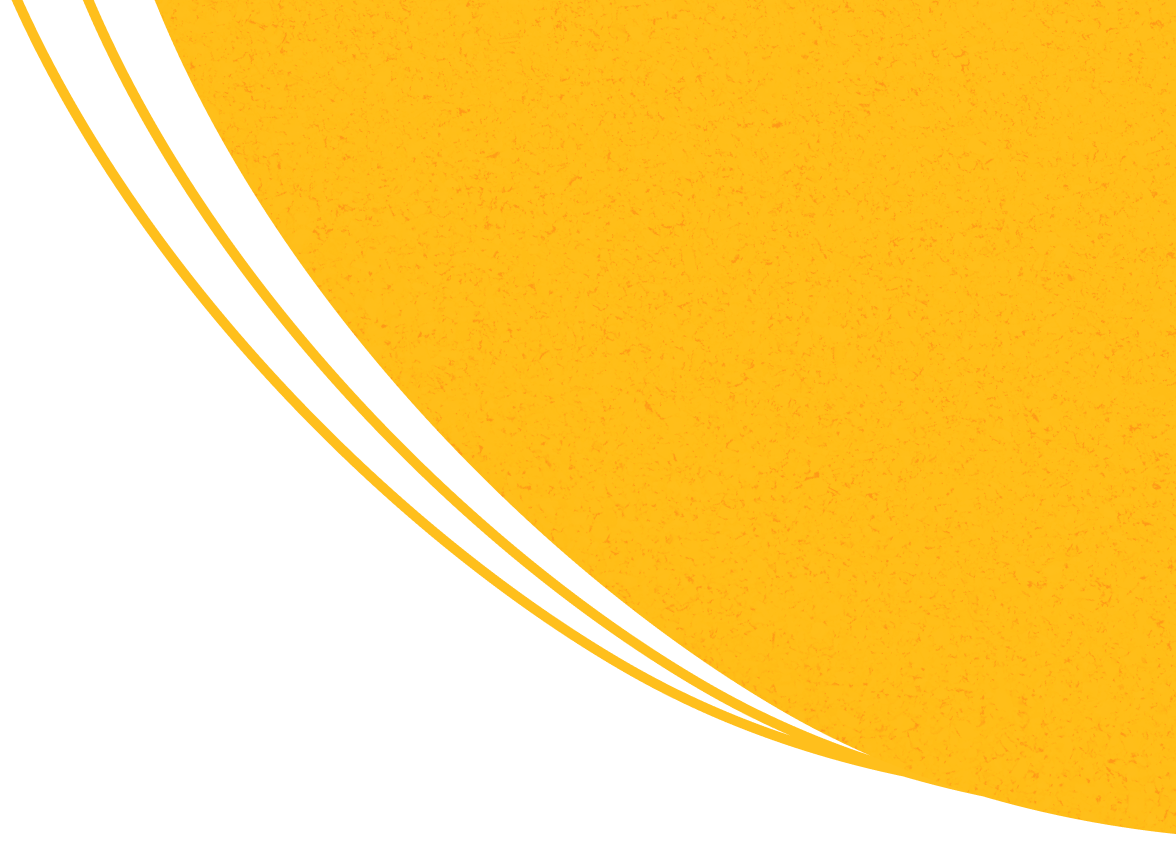Four years ago, the killing of George Floyd by a police officer was caught on film. It happened just a few miles from where I live. Suddenly, the city of Minneapolis was in turmoil.
Riots ensued. Businesses were burned down. Looting was everywhere. Scary times for all of us. Fortunately, there were peaceful marches too.
But before long, “Defund the Police” became a rallying cry that focused the nation’s attention on racism in law enforcement. These well-intentioned people wanted to divert resources to social service organizations that could better deal with many issues where police were called.
Instead, it led to many unintended consequences.
Veteran police officers took early retirement or medical disability. Crime went up. Carjackings skyrocketed. Hiring new officers became harder.
These were just a few of the issues. Amazingly, none of these were thought of ahead of time. Or, if they were, they were dismissed as “not our problem.”
But the truth is, this happens frequently. Here are just a few examples:
- When cell phones were introduced, it was exciting. The world was at our fingertips. Anytime. Anywhere. (In 2007, I actually lusted for the first iPhone.)
Yet today, the world is more divided than ever before. People don’t talk to each other. They’re anxious about missing out. Human connections are down. - In the 1960s, plastic bags were hailed as a great invention. Today, 8% of the world’s petroleum resources are used for creating them or running the machines that make them.
They’re even worse for the environment. Oceans are choking in plastic. Humans and animals are ingesting these toxic substances that take 1000 years to decompose. - Consumer food companies are always looking to maximize profits. They employ food scientists to make their products more delectable—or should I say, addictive.
So, we eat more. We gain weight. Our health suffers. But it’s not their fault. (Note: Lime-flavored Tostitos are my downfall.)
Now what? Nobody expected these outcomes when these products were first introduced. But they’ve had a huge impact on us … and clearly, not always for the better.
So do we throw up our hands and say, “I give up. The world sucks. Everything is going downhill.” Abdication is always an option.
Or do we focus on what we can do today—to improve this situation we’re in and to make the world a better place.
Think about it. What issue is calling your name? What makes you maddest? What do you care about most?
Then, find others who care about the same things. Join with them. Work toward a better future.
Remember, so much more is possible if we commit to making a difference.







